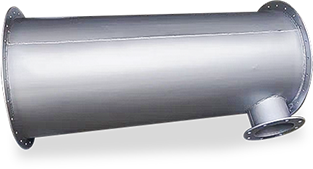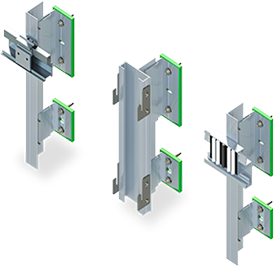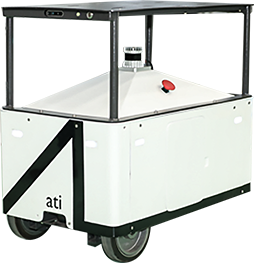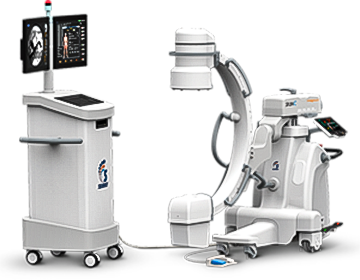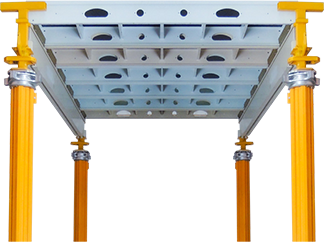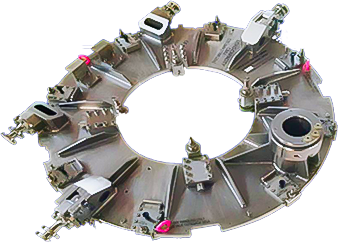Sheet Metal Monel
Material Description
Monel is a high-performance nickel-copper alloy renowned for its exceptional corrosion resistance and impressive mechanical properties, making it an ideal material for various technical applications. Composed primarily of approximately 67% nickel and 30% copper, with smaller amounts of iron and other elements, Monel exhibits remarkable resistance to both marine and chemical environments. This resistance extends to corrosive substances such as sulfuric acid, hydrofluoric acid, and alkaline solutions, making it a preferred choice in industries like oil and gas, chemical processing, and marine engineering. Additionally, Monel’s high melting point and exceptional thermal conductivity allow it to withstand extreme temperatures, while its ductility and malleability facilitate its use in diverse manufacturing processes, including machining, welding, and forming.
Moreover, Monel’s mechanical characteristics are notable. It maintains its strength at elevated temperatures and can withstand significant mechanical stress, making it suitable for applications where structural integrity is essential. The alloy’s excellent electrical conductivity and magnetic properties also render it valuable in electronic and magnetic device construction. Overall, Monel’s unique combination of corrosion resistance, strength, and versatility has positioned it as a material of choice for a wide range of technical and industrial applications, where the preservation of integrity and performance in challenging environments is paramount.
Grades
Monel 400 & K-500
Finishing Options
Electroplating, Polishing
| Density | Tensile Yield Strength (MPa) | Fatigue Strength (MPa) | Hardness (Brinell) | Thermal Conductivity (W/m-K) | Coeff. of Thermal Expansion (mm/mdeg) | Electrical Resistivity (micro Ohm-cm) |
|---|---|---|---|---|---|---|
| 8800 | 300-700 | 250-350 | 150 - 290 | ~21 | 13-14 | 48-72 |
Design Recommendation
When designing components or structures using Monel, a high-performance nickel-copper alloy known for its exceptional resistance to corrosion and high temperatures, it is crucial to consider its unique properties. To maximize the benefits of Monel, design recommendations should focus on factors such as material thickness, heat treatment, and surface finish to enhance its corrosion resistance. Additionally, ensuring proper welding and joining techniques, as well as selecting suitable fasteners, will contribute to the longevity and reliability of Monel-based applications, especially in harsh environments like marine or chemical processing. Moreover, careful attention to stress and load distribution is essential for maintaining the mechanical integrity of Monel components, ultimately allowing them to excel in applications demanding exceptional corrosion resistance and durability.
Cost Saving Tip
Prioritize cold forming processes in Monel sheet metal fabrication to reduce energy consumption and increase material yield. This approach significantly lowers production costs by reducing both energy expenses and material waste during the manufacturing process.
